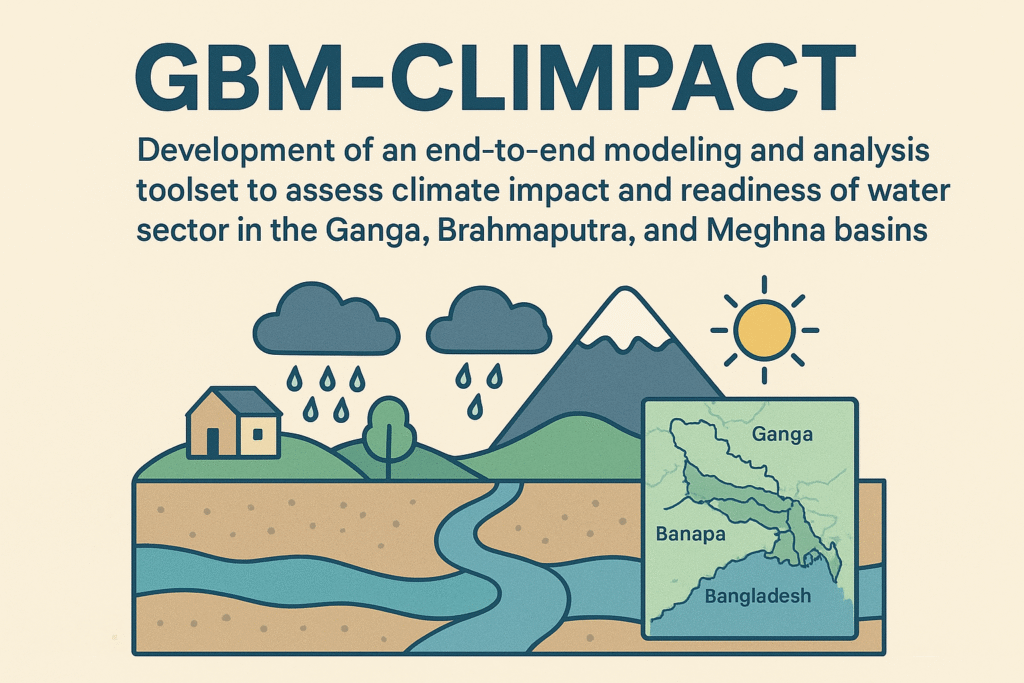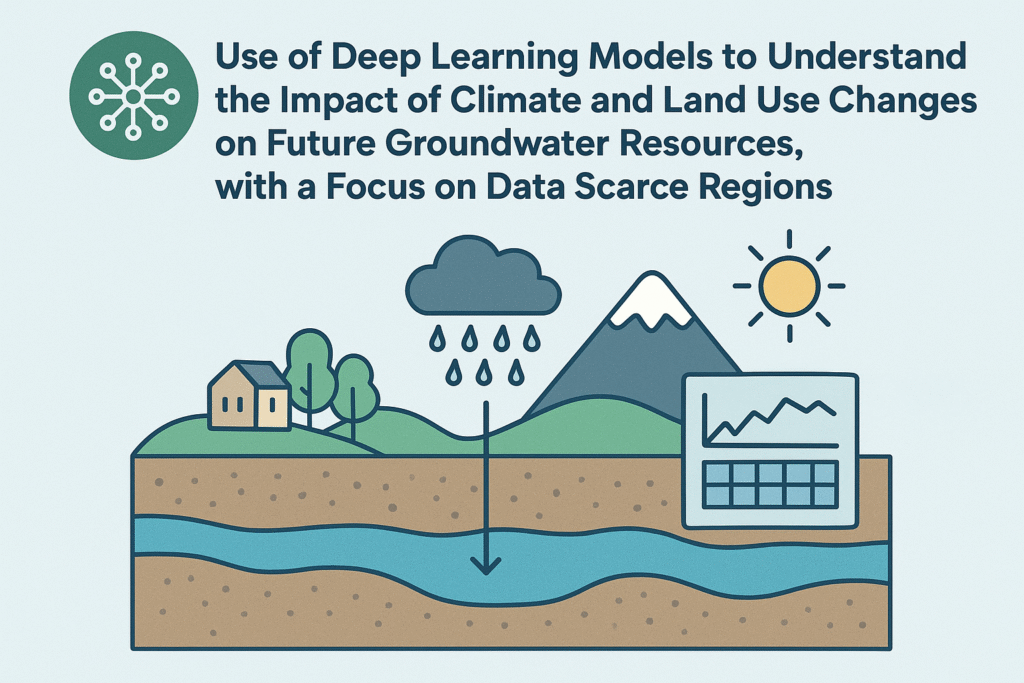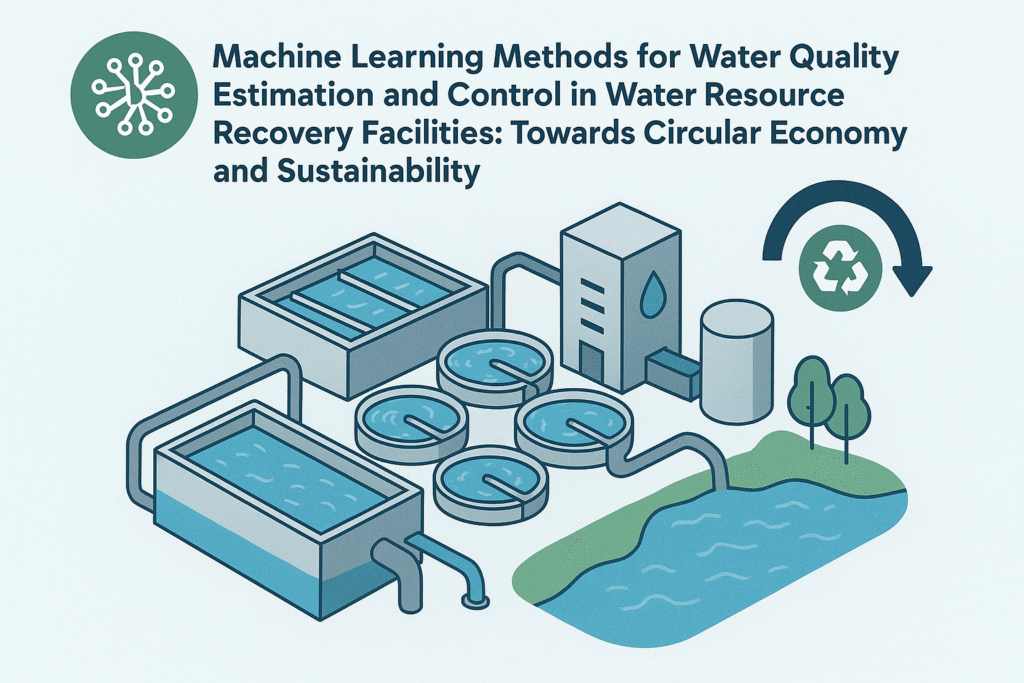ABOUT THE PROJECT
The research program is designed to develop an ICT (information and communication technologies) platform for monitoring and assessment of drinking water.
NOTABLE ACHIEVEMENTS (October 2016)
- The research team has developed 5 Sensor Nodes (SNs) each having 5 different sensors (pH, conductivity, oxidation-reduction potential, dissolved oxygen, temperature). These sensor nodes communicate with each other and transmit sensing data to other units.
- An ICT platform architecture has been successfully built
- A new and reliable index made up of water quality monitoring parameters to use for water quality assessment has been established and is being tested
PROJECT UPDATE (April 2016)
Researchers have developed 5 sensor nodes, each having 5 sensors: pH, conductivity, Oxidation-Reduction potential, dissolved oxygen, temperature. Researchers have also developed an innovative index for water quality and the basic ICT platform. Field tests have been carried out in Vancouver; field tests are currently being planned in India.
RESEARCH ABSTRACT
A pilot project is proposed for developing an ICT (information and communication technologies) platform for quality monitoring and assessment of drinking water. The system will be implemented within two selected communities in India and Canada, and rigorously tested. The test results will be systematically evaluated to determine further improvements before permanent deployment. Using more long-term testing it is proposed to assess the societal impact of the ICT platform on community health. The framework of the proposed system is shown in Figure 1. The key issues of research and development, which will be investigated in the project, are the following:
(a) Architecture of the ICT platform; (b) Sensing issues of water quality monitoring; (c) Signal processing and transmission issues; (d) Knowledge-based decision making, with self-adaptation and self-optimization; and (e) Societal impact of the ICT platform on community health.
The main activities carried out in the project are the following:
- Identify the implementation sites both in India and Canada; Induct local/community workers and conduct a baseline survey of drinking water resources (open wells, bore wells, lakes, rivers, streams, ponds, and tap water)
- Establish an architecture for the ICT platform for quality monitoring of drinking water
- Determine the needed sensors and their specifications. Investigate the commercially available sensors and associated hardware that can meet the system requirements. If the commercial devices cannot meet the requirements, establish what alternatives and modifications might be needed achieve them. In such a situation, explore the use of manual water testing kits and uploading the results into the sensor node (SN) using its graphic user interface (GUI), or using mobile phones
- As an integral part of each sensor node (SN), develop a microcontroller system and associated GUI for sensory data acquisition, low-level processing, and radio transmission to the corresponding local signal processor (LSP)
- Develop the necessary algorithms and software for high-level processing of the monitored data, within the LSP
- For implementation within the central assessment unit (CAU), develop the following: (a) Knowledge base for making decisions on water quality; (b) Methodology for knowledge-based decision making, using processed sensory data as the input; (c) Methodology for self-adaptation and self-optimization of the overall monitoring system; (d) GUI
- Integrate the entire system and carry out realistic testing, to evaluate performance and determine further improvements that are necessary before long-term deployment
- Investigate the approaches of utilizing the test data from the ICT platform to study the impact of the platform on community health.
Project Team
Dr. Clarence de Silva, University of British Columbia
Dr. Arun Pande, IT Innovations for Masses
Partners:
SkillNet Solutions India Pvt. Ltd.
Bhavan’s Research Lab
NMCG (Ministry of Environment and Forests, India), Indian Institute of Technology, Kanpur
Environment Canada
Tata Consultancy
NEERI
Current Number of Students: 18
Key Outcomes
Publications: 6
Presentations: 3
Deployments: 1



